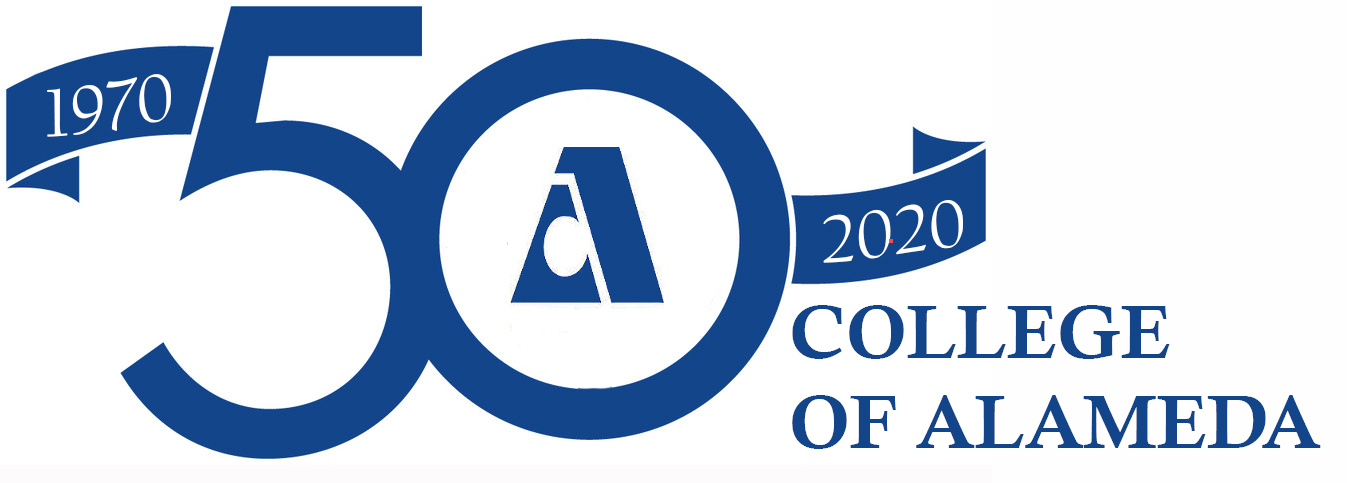Spanish
Spanish
Spanish is the second most widely spoken language in the world. With the increasing number of U.S. citizens who speak Spanish as their primary language, graduates with the ability to write and speak the language have come into demand to fill positions as teachers and translators. It is also an invaluable skill in any career that demands you work with a diversity of clients.
- To communicate with native speakers worldwide and at home. Spanish is spoken by an estimated 350 million people around the world. The U.S. has the fifth largest Spanish speaking population in the world.
- To enhance travel in Latin America and Spain. Speaking Spanish allows you to see, do, and enjoy the things that many other visitors cannot.
- To increase your employment potential and earn more money! Studying Spanish could increase your potential income! With this valuable skill, you’re much more likely to land the job of your dreams.
- To improve your memory and cognitive skills. Challenge yourself with Spanish and stimulate parts of your untapped brain! Studies show that learning another language enhances memory and other cognitive skills.
- It’s an opportunity to experience new music, great literature, amazing movies, and so much more.
- Demonstrate intermediate-high level of cultural and historical understanding of the societies associated with the Spanish language as students.
- Demonstrate rudimentary to more advanced level of cultural and historical understanding of the societies associated with the Spanish language as students advance through the course levels, in conjunction with course content.
- Demonstrate intermediate-high proficiency of the Spanish language as stated in ACTFL guidelines (American Council of Teachers of Foreign Languages).
- Demonstrate progressive proficiency of the Spanish language as students advance through the course levels from beginning to intermediate-high as stated in ACTFL guidelines (American Council of Teachers of Foreign Languages).
- Demonstrate competence in listening, speaking, reading and writing ability through the progressive course levels, in conjunction with the course content of each class.
- Demonstrate competence in listening, speaking, reading and writing ability at the intermediate-high level as stated in ACTFL.
Program Learning Outcomes (PLOs) may be assessed using:
- Surveys
- Questionnaires
- Review of collected data
- Other methods
Spanish 1A is a prerequisite for Spanish 1B. Spanish 30A concentrates on oral/aural skills and can provide a solid building block for those with no knowledge of Spanish before going into Spanish 1A.
EDUCATION: teacher; translator; editor; textbook author.
COMMUNICATIONS: writer, editor; TV or radio writer, reporter, technician, executive; Spanish language channel network reporter, video crew; editor; translator; advertiser for ethnic, foreign markets; film, entertainment; interpreter.
GOVERNMENT: Diplomat; translator, interpreter (US or UN); court interpreter; State Department; Government research specialist; Immigration and Naturalization Service; Bureau of Narcotics; Armed forces: all levels of government in areas with large immigrant population.
SOCIAL SERVICE: Law enforcement; welfare; health services, vocational counselor, case worker.
SCIENTIFIC FIELDS: Technical writer, translator; researcher; technical liaison for U.S. firms abroad; archaeology; museum work; medicine.
TRAVEL AND TOURISM: Airport personnel; tour guide; hotel, restaurant employee; flight attendant;
BUSINESS: International law, banking; U.S. representative for foreign company; patent attorney; representative for U.S. firm abroad; foreign branch of U.S. firm; advertising, sales; marketing; technical expert;
secretarial and clerical opportunities; import‐export firms; brokerage firms; banks; medical organizations; service, cultural organizations.

